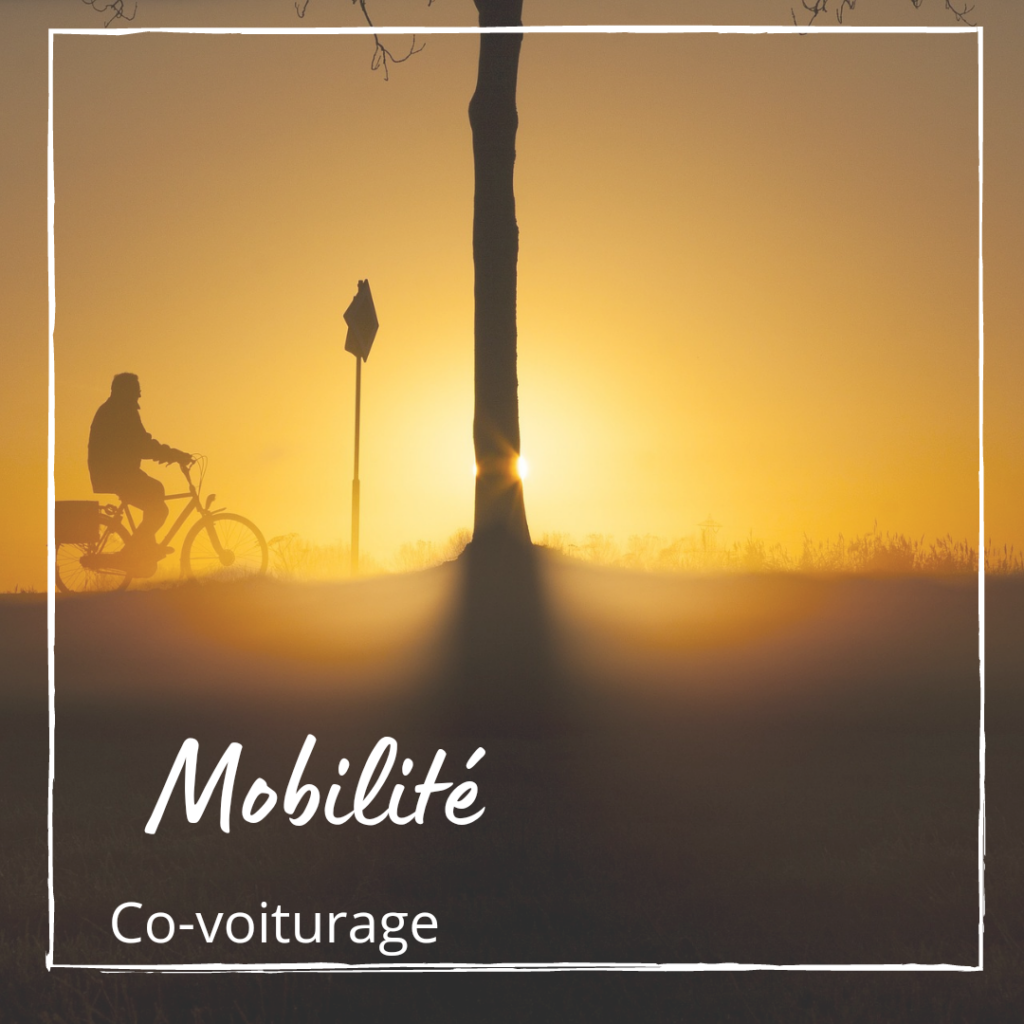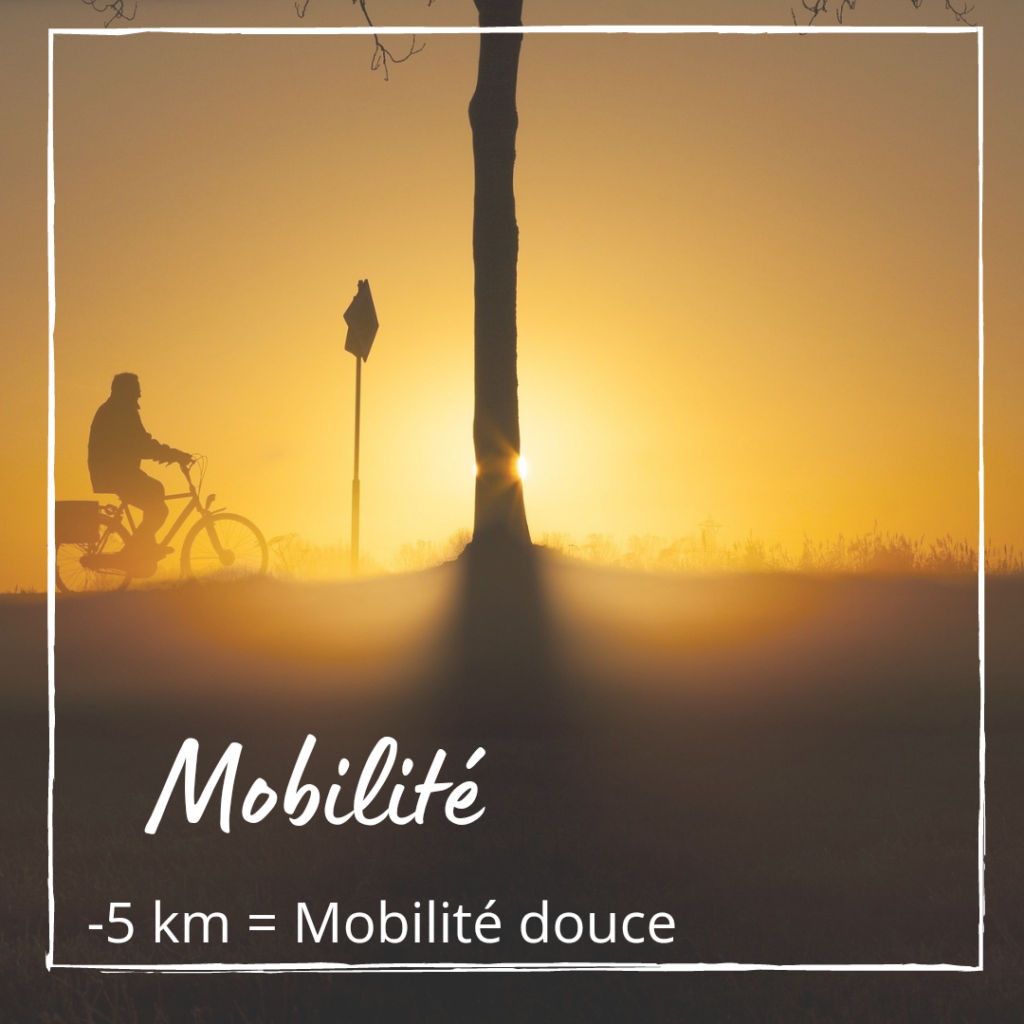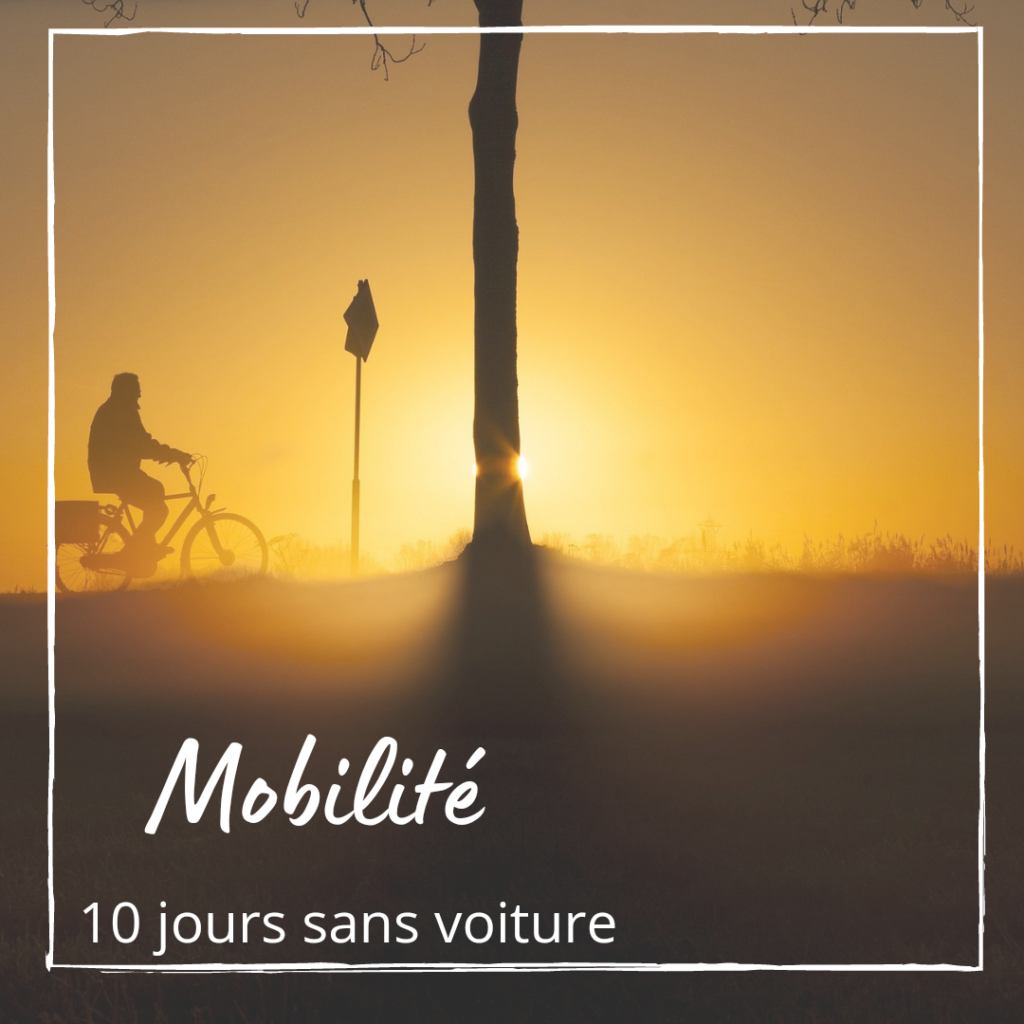
Transport
Going to class or to work, shopping, going to activities, going on a trip… We move around more and more.
No surprise, the car is the most used mode of transport. This still occupies a large place in commuting, often with a single person on board.
In total, half of the commute made in France are less than 5 km. In urban area, 1/4 of distance made by car are less than 1 km. Or 5 km by car, it is already more than 1 kg of CO₂ emitted.
Transportation is essential but for the most part it runs on petrol oil. Choosing the best mode of transport according to your distance means acting to limit the emissions of particles in the air that harm the environment and our health.

carpooling
If the car is essential to get around, do not be alone in your car. Traveling together to make the same trip.
Tips : to help you, some sites to offer or search for carpooling :
- Mobicoop (France)
- SNCF with iDVROOM, a European carpooling website
- CarpoolWorld all around the world
Citizen, economical, green… everyone finds their account in carpooling.
29% of air pollution is caused by transport and 95% of French motorists travel alone to work in their car. Thus, by dividing the number of motorists, carpooling would allow a 25% reduction in CO2 emissions in the long term.
Full of potential, right?!

Soft mobility for a commute of less than 5km/3miles
If my commute is less than 5km, I choose soft mobility.
For your travels, when possible, choose:
– bicycle or scooter
- public transportation
– walking
Soft mobility refers to all non-motorized travel such as walking, cycling, rollerblading and all environmentally friendly transport.
The new modes of transport constitute an effective alternative to the private car in saturated traffic axes.
Soft mobility is a solution to face the major challenges of global warming and to be sustainable, the whole urban and territorial organization must be rethought.

Soft Mobility
10 days without a car: give priority to modes of transport that pollute less than the car.
Its benefits are numerous: reduction of pollution, increase in physical activity, better physical health, increase in quality of life and transport conditions, etc.
According to the World Health Organization (WHO), taking the equivalent of 10,000 daily steps is the minimum activity required to stay in shape, preserve your health and control your weight. This daily activity is not only essential to prevent the risk of developing certain serious conditions: cancer, diabetes, stroke... but it also improves our quality of life (better quality of sleep, reduction of stress) and whatever either age. 3000 steps is 30 minutes of walking but also 15 minutes of rollerblading or 20 minutes of jogging, swimming or cycling. (Source : NIH)
Source : ADEME, Agence de la Transition écologique
